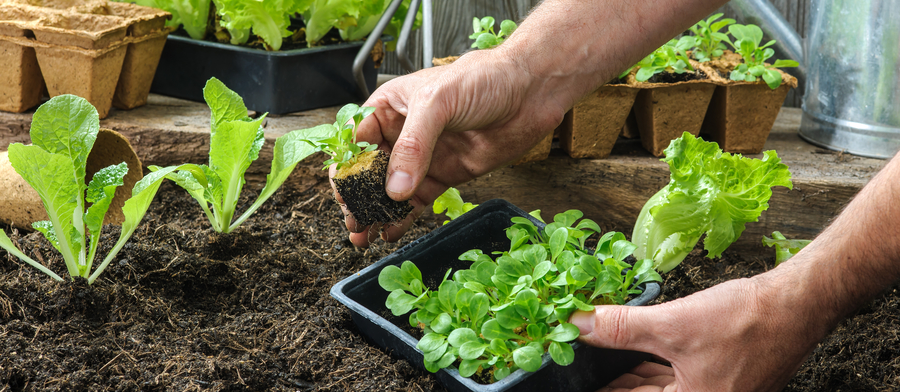Top 10 Tips for Sustainable Gardening

Gardening is good for your physical and mental health, but did you realise that many things you might use in your garden are bad for the environment. Like weed killers, pesticides, and artificial fertilisers to name just a few? We explore how you can make your gardening more sustainable.
What is sustainable gardening?
Nature actually does a lot of the work for us. There are many ways to make your soil more nutrient-rich, keep your plants healthy, and get rid of pests that don’t involve using chemicals.
Sustainable gardening is about using resources in a way that reduces the impact of your gardening activities on the environment. You’ll create less waste, use fewer chemicals, and save money. Here are 10 top tips for sustainable gardening.
Top 10 tips for sustainable gardening
Compost
Instead of wasting your leftovers or binning your grass clippings, start a compost pile to boost the nutrient content of your soil. You’ll be surprised at how many items you can compost rather than just throw in the bin.
You can use compost to your advantage when trying to grow certain plants or vegetables. Some foods can make the soil more acidic, which is perfect for growing plants like Rhododendrons and items like coffee grounds and vinegar lower the pH of the soil, which is perfect for growing cauliflower, sprouts, or salad leaves.
Make your own liquid fertiliser
Use your compost pile to make a concentrated liquid fertiliser to boost the nutrients in your soil, without the need for chemicals.
Fill a bucket with compost and water, leave it for a day or so, then get another bucket and cover the top with a cheesecloth or similar. Pour the compost over the cloth and let the water drain through. Use it on your plants to keep them well fed and healthy.
Attract garden-friendly insects
Not all insects are pests. Insects like ladybirds and ground beetles help to get rid of bugs like aphids who will destroy your crops. Taking steps to attract these bugs will give you natural and chemical-free pest control.
Use rainwater on your garden
Save water by collecting rainwater in a basin. You’ll have water for your garden that’s as fresh as you can get, and no need for a hose or a sprinkler. Including a range of hardy drought tolerant plants in your garden will reduce your water usage even further.
Grow your own food
Growing your own food without using pesticides or other chemicals will be healthier for you and your family, and for the environment. It’s one of the most effective ways to be sustainable. Plant things according to the season. Greens and lettuce grow quickly in the spring but die off when the temperatures heat up. Tomatoes and peppers can stand warmer temperatures. When autumn arrives, sow cool weather crops to get a constant harvest from your garden.
Reduce, reuse and recycle = Sustainable gardening
Reduce the amount of waste you produce by composting your kitchen scraps and reuse items like plastic bottles as mini-greenhouses for your seeds. Recycle the packaging from any shop-bought plants and seeds.
Plant native plants
Plants that are native to your country and even the region in which you live usually need less water because they are suited to the climate and soil type. These plants also provide food and shelter for insects and birds.
Reduce the size of your lawn
A luscious green lawn takes a lot of upkeep, including plenty of water and fertiliser. Replacing all or part of your lawn with ornamental grass or low growing shrubs is a lot more sustainable.
Save seeds for more sustainable gardening
When perennial plants go to seed, collect their seeds and store them in a dry place during the winter. Sow the seeds in springtime.
Mow the lawn with an Electric or Manual Mower
Using a gas-powered lawnmower for an hour gives off the equivalent pollution of driving a car for 45 miles. Reduce your carbon footprint by using electric mowers and trimmers.
If you enjoyed this sustainable gardening article, check out even more helpful tips and interesting articles. Check out our blog.








